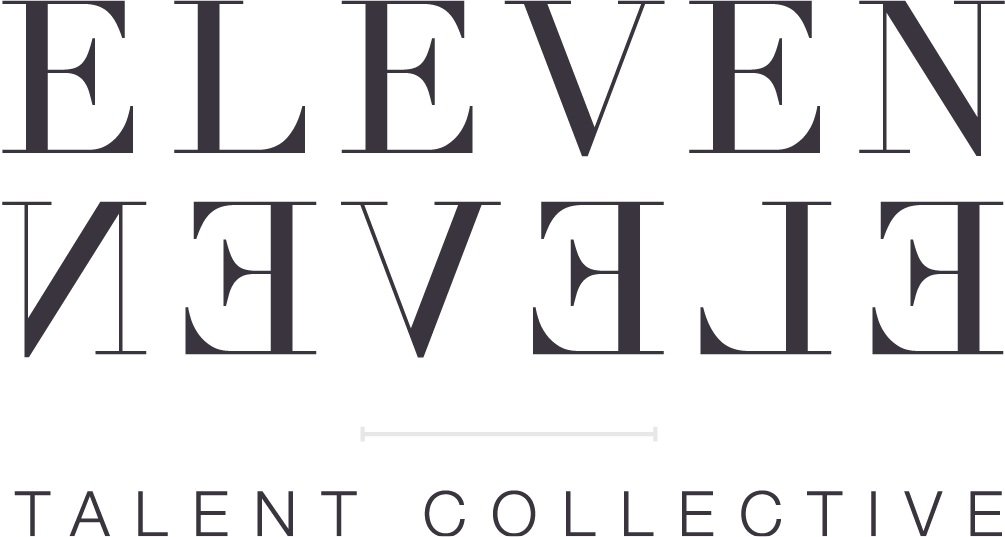Why You Should Have a Personal Board of Directors (& How To Set One Up)
You’re going to spend an estimated 90,000 hours at work in your lifetime. That’s about a third of your life. So, how can you make the most of this substantial time period? According to Andrea Chmiel, Sr. Manager Talent and Leadership Development at Electronic Arts, setting up a Personal Board of Directors can be an excellent place to start.
We asked Andrea to explain exactly what a Personal Board of Directors is, how to set one up, and the benefits of doing so. Read on for her insightful interview.
1. Can you explain the concept behind having a Personal Board of Directors?
A Personal Board of Directors is a trusted team of individuals who have personal and professional skills, experience and insights and provide support, guidance and advice. Just like a company has a board made up of diverse, experienced individuals to guide the company, you can borrow this concept to help you grow in your career. One mentor is no longer sufficient—leaders now need an array of advisors, mentors and role models to provide critical information and support at defining moments.
2. How did you choose who to put on your Personal Board of Directors?
I chose my Board Members based on the following roles:
Mentor: This person can be related to your field but doesn’t have to be. I chose my mentor(s) based on their skills or behaviours that I admired.
Sponsor: A sponsor is in a position of power to advocate on your behalf. They use their influence to help you access opportunities, networks, promotions, compensation increases, etc. In my case, this is my manager; I work with her to ensure she has the information and understanding of my career ambitions to advocate for me.
Coach: This person helps you discover and build upon your strengths. They ask exploratory questions to help you overcome challenges but do not act on your behalf.
Peer(s): Typically, these relationships are more emotionally supportive. These individuals have a solid understanding of your current career level because they’re at the same level and can easily relate to you.
Career Guides: You meet with these individuals less often and tend to seek their help navigating specific events (e.g., a crisis or career change).
Role-models: Some influential relationships don’t have to be close or direct. In some instances, interaction can be passive or nonexistent, but you still admire and want to emulate them.
I always encourage people to be creative and flexible when creating their Board; you’re welcome to create new roles, and those who fill the spots will change over time. It’s also important to consider the fit between your needs (career and social support) and what you get from your board member. Ensure you have a balance of “challengers” and “cheerleaders”; trust and truth are musts.
When choosing board members, consider the following relationships:
Family, friends, partners
Sponsors, mentors, coaches
Manager, skip-level, peers, former-peers
People in your field or industry
People external to your field or industry
World/cultural leaders
3. How does it work? Do you have regular board meetings?
I meet with my Board Members individually, and how often I meet depends on my needs; each relationship is unique. You can strike the balance that works best for you. For instance, I meet with my mentor once per month, my coach bi-weekly, and my sponsor weekly, whereas I may only talk to my Career Guide once or twice a year.
It’s also important to know that your Board is not static. There are times when you might consider adding or changing individuals:
Major career transitions
Relationship types change over time or circumstance, i.e., change in job or company
Exposure to new people and leaders
4. What benefits have you seen from having a Personal Board of Directors?
Each member brings a different perspective and fills a specific need
Shared responsibility: No one person can be your everything
Receive the type of advice, guidance, and support needed when you need it
Increase your self-awareness and advise on areas of development that will help you
A more efficient approach to relationship management, instead of ‘always on’ networking
5. Who would benefit from having a Personal Board of Directors?
I can see everyone benefitting from this, from a student to a CEO. This idea resonates with people because we naturally tend to build a network around us. A Personal Board of Directors provides some ideas for filling roles that you might not otherwise think of or realize that you’re over-indexing in one area while ignoring another. For instance, I see this a lot where people have plenty of peer support but not a sponsor. Or you surround yourself with cheerleaders, but no one is telling you the hard stuff you need to hear to grow. To optimize a Personal Board of Directors, you need to be open to feedback, apply a growth mindset and have a discerning mind to know what advice or guidance to apply.

